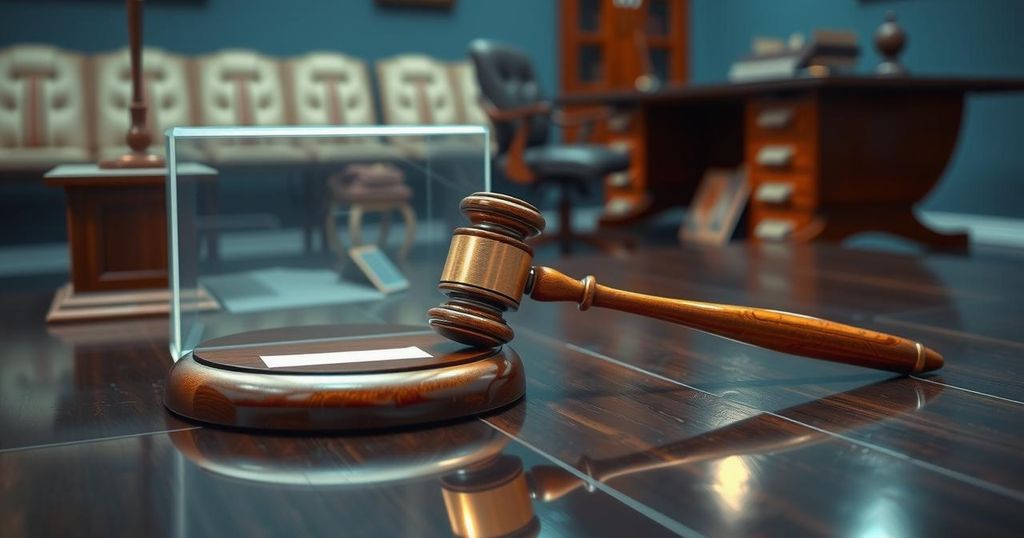Guinea’s Military Junta Sets Up Election Body for December Vote
Guinea’s military junta has established a new electoral body to oversee upcoming elections, including a constitutional referendum in September and presidential elections in December. This follows growing unrest due to delays in returning to civilian rule. The new Directorate General of Elections will manage the electoral process, despite concerns over the junta’s actions against political opposition and media freedoms.
Guinea’s military junta has established a new electoral body tasked with overseeing elections, which include a constitutional referendum slated for September and both general and presidential elections set for December. This action comes amid increasing pressure for a return to civilian governance following years of military rule in West Africa.
General Mamadi Doumbouya, who came to power in 2021, had previously committed to initiating a democratic transition by the end of 2024. However, a lack of progress has exacerbated public frustration, leading to protests that effectively brought Guinea’s capital, Conakry, to a standstill in January.
The new Directorate General of Elections (DGE) will handle various responsibilities such as organizing elections, managing the electoral register, and ensuring fairness in the electoral process. Doumbouya announced this decision on state television, indicating that the heads of the DGE would be appointed through presidential decree. Additionally, the DGE is expected to represent Guinea in various electoral forums at different levels.
Prime Minister Amadou Oury Bah, in a previous statement, confirmed that the general and presidential elections are slated for December 2025, while the referendum for a new constitution will occur on September 21, a plan first revealed by the junta back in April.
Yet, there are considerable doubts about the legitimacy of these elections. The military regime had previously dissolved over 50 political parties under the pretext of cleansing the political landscape. Furthermore, reports indicate a disturbing clampdown on independent media, with numerous incidents of social networks and private radio stations being cut off, alongside the suspension of information sites for extended periods. This situation has escalated concerns among rights organizations regarding press freedom and political expression in the country.
In summary, Guinea’s military junta has put in place a new electoral body to guide upcoming elections, including a referendum and presidential votes. While General Mamadi Doumbouya strives for a democratic transition, public skepticism remains high due to recent opposition protests and restrictions on political activity. As December approaches, the international community will be watching closely, concerned about the electoral process’s transparency and integrity.
Original Source: www.newsday.com




Post Comment